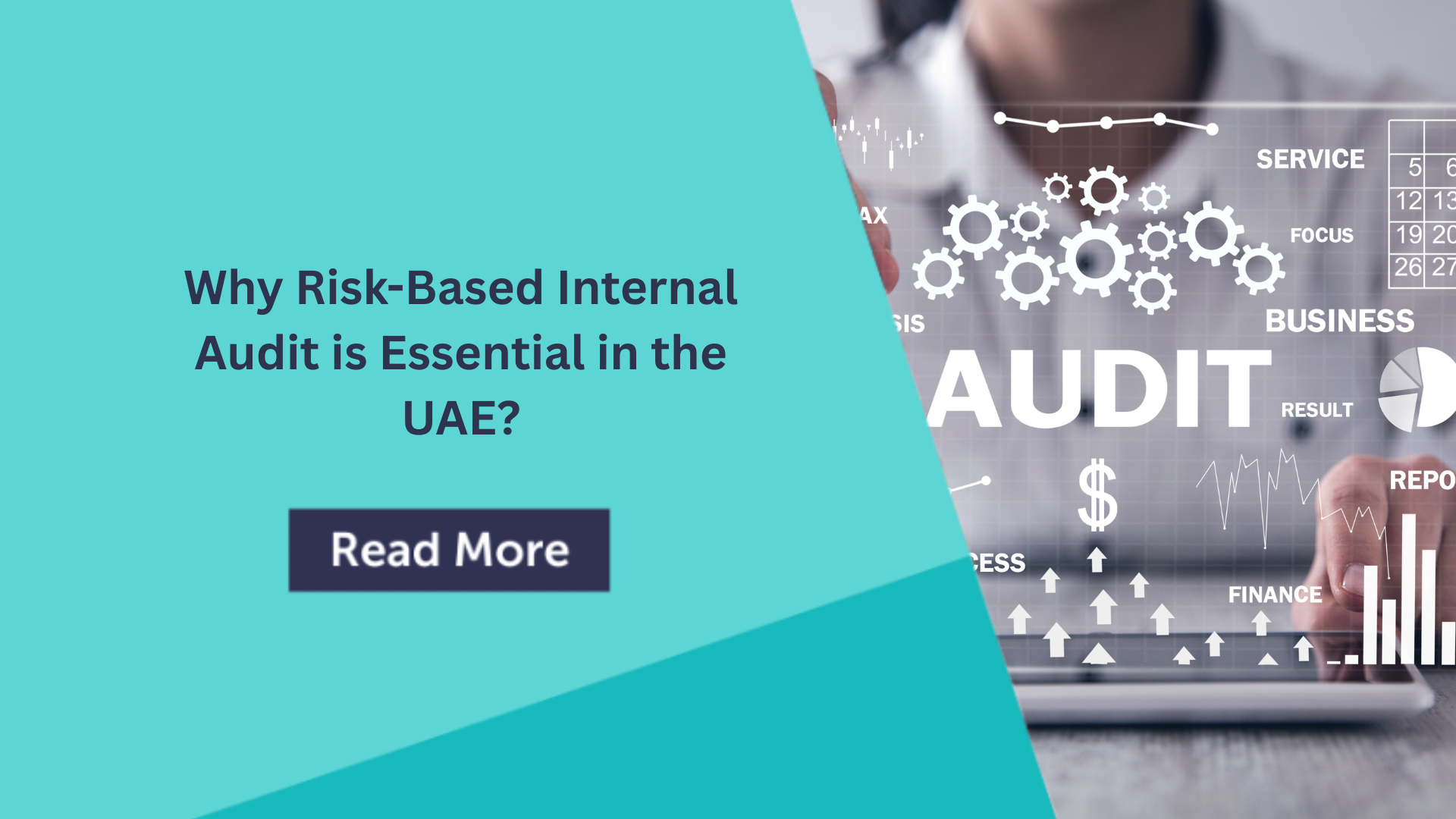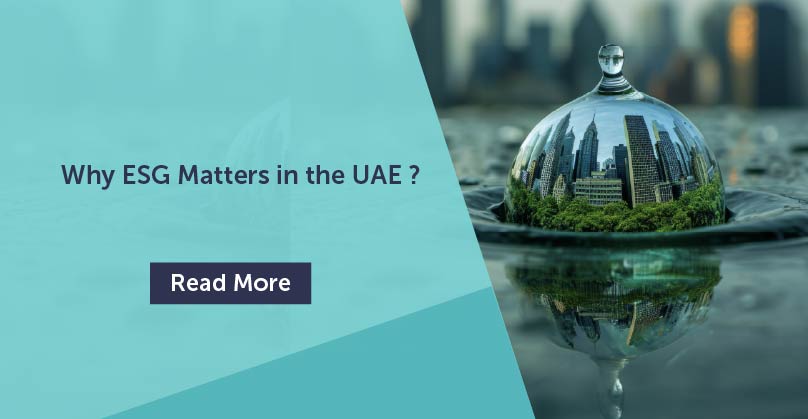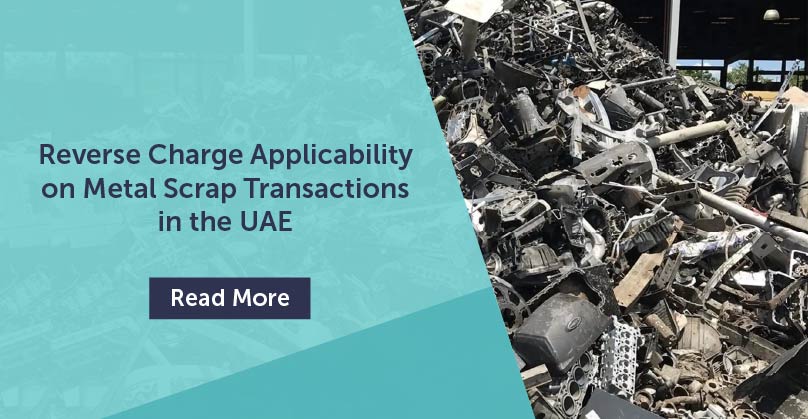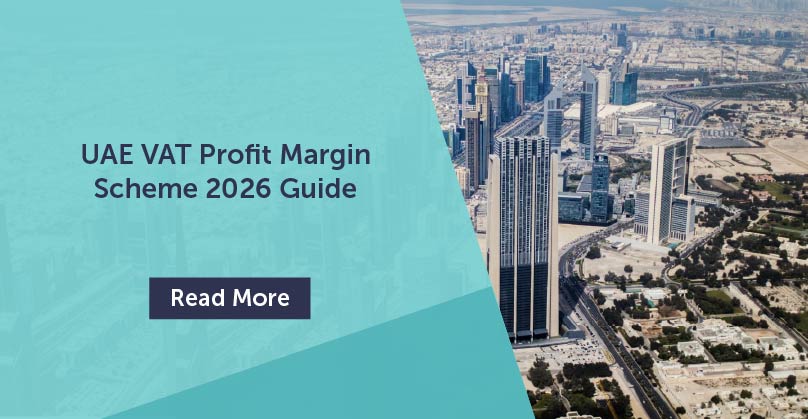
- Nov 13,2025
- Internal Audit
Risk-Based Internal Audits (RBIA) in the UAE
Introduction
Traditional audits once focused on compliance checklists and transactional reviews. While these methods served a purpose, they are no longer sufficient in today’s fast-changing regulatory, technological, and business environment. Organizations in the UAE face cybersecurity threats, ESG pressures, financial reporting challenges, and industry-specific compliance requirements that demand a smarter approach to assurance.
This is where Risk-Based Internal Audit (RBIA) comes in. Rather than auditing everything equally, RBIA directs attention to the areas of highest risk and strategic importance. At CLA Emirates, we help businesses across industries design and execute RBIA programs that go beyond compliance, strengthening governance, building resilience, and delivering real business insights.
What is Risk-Based Internal Audit?
Risk-Based Internal Audit is an audit methodology that aligns audit priorities with an organization’s risk profile. Instead of routine control testing, it identifies key risks (strategic, operational, financial, technological, and compliance-related) and focuses resources on mitigating those risks.
It is guided by the principles of the Institute of Internal Auditors (IIA) IPPF Standards and integrates with Enterprise Risk Management (ERM) frameworks such as COSO and ISO 31000.
In the UAE, where industries are heavily regulated and exposed to market volatility, cyber risks, and global compliance requirements, RBIA is considered the gold standard for internal auditing.
Why Risk-Based Internal Audit is Essential in the UAE?
1. Complex Regulatory Landscape
UAE businesses must comply with a broad range of laws and frameworks:
- UAE Corporate Tax Law & VAT
- Anti-Money Laundering (AML) & Counter Financing of Terrorism (CFT) regulations
- Central Bank & Securities and Commodities Authority (SCA) regulations
- RERA audits for real estate
- Sector-specific frameworks like Basel III (banking), PCI DSS (payments), ISO standards (quality, environment, IT security)
- Global frameworks including SOX, ICFR, GDPR, IFRS, ISAs, ESG reporting standards (GRI, SASB, IFRS S1/S2)
RBIA ensures that regulatory risks are mapped, monitored, and audited proactively, reducing exposure to fines, reputational damage, and operational disruption.
2. Alignment with Business Strategy
RBIA focuses on risks that impact business objectives such as market expansion, digital transformation, or cost optimization. Internal audit contributes in being dynamic with attaining business objectives in line with required compliance.
3. Cybersecurity & IT Risks
With UAE companies digitizing rapidly, IT systems, cloud platforms, and ERP solutions are now central to operations. RBIA ensures that IT general controls (ITGCs), cybersecurity frameworks (ISO 27001, NIST, SOC 2), and Zero Trust strategies are regularly audited to prevent breaches and data loss.
4. Fraud Prevention & Ethics
Fraud risks (procurement collusion, financial misreporting, payroll fraud, service charge manipulation in real estate) remain a major concern in the UAE. RBIA integrates fraud risk assessments into audit planning, ensuring organizations build stronger defences against internal and external fraud.
Key Components of Risk-Based Internal Audit:
- Risk Assessment – Identifying high-risk areas using ERM, financial analysis, compliance mapping, and stakeholder interviews.
- Audit Universe Development – Categorizing all business functions, processes, and IT systems into an audit universe.
- Risk Prioritization – Ranking risks by likelihood and impact, focusing on critical ones.
- Audit Planning – Creating an annual and strategic audit plan based on risk priorities.
- Execution & Testing – Performing detailed audits with emphasis on control effectiveness.
- Reporting – Providing management and the board with clear insights, risk heat maps, and recommendations.
- Follow-up & Continuous Monitoring – Ensuring agreed actions are implemented and risks are tracked over time.
Industries Where RBIA is Most Relevant in the UAE:
- Banking & Financial Institutions – Basel III, SOX, AML, CFT, cybersecurity risks
- Real Estate & Construction – RERA escrow audits, service charge risks, project cost monitoring
- Retail & E-Commerce – Payment security (PCI DSS), fraud detection, supply chain risks
- Oil & Gas / Energy – HSE compliance, ESG reporting, operational risks
- Healthcare & Pharmaceuticals – Patient data privacy, regulatory compliance, clinical risk management
- Hospitality & Tourism – Customer data security, ESG, operational efficiency
- Manufacturing & FMCG – Supply chain disruptions, cost controls, ESG and sustainability compliance
- IT & Technology – Data protection, SOC 2, ISO 27001, cloud governance
Benefits of Risk-Based Internal Audit:
- Regulatory Confidence – Reduces compliance gaps and audit findings from regulators.
- Strategic Value – Aligns internal audit with board and management priorities.
- Fraud Prevention – Detects fraud risks early and strengthens ethical culture.
- Operational Efficiency – Identifies process inefficiencies and cost-saving opportunities.
- Investor & Stakeholder Trust – Builds confidence through transparent governance.
- Future-Ready Governance – Ensures organizations adapt to ESG, digital, and sustainability expectations.
How CLA Emirates Delivers Value Through RBIA?
At CLA Emirates, our RBIA methodology is designed specifically for UAE and GCC businesses, combining local regulatory expertise with global best practices. We offer:
- Risk Assessment Workshops – to help management and boards identify critical risks.
- Customized Audit Planning – aligned with your industry, risk profile, and strategy.
- Integrated IT & Cybersecurity Audits – ensuring controls over ERP, cloud, and digital platforms.
- Fraud & Forensic Readiness – embedding fraud risk assessments and investigative techniques.
- Sustainability & ESG Audits – integrating ESG risks into internal audit.
- Continuous Monitoring Solutions – leveraging analytics and technology to provide real-time assurance.
Conclusion
As the UAE continues its journey toward a diversified, innovation-driven economy, Risk-Based Internal Audit is no longer optional; it is a board-level necessity. Organizations that adopt RBIA gain more than regulatory compliance; they build resilient governance structures, enhance stakeholder trust, and future-proof their businesses.
At CLA Emirates, we empower businesses to transform internal audit into a strategic risk management tool that supports sustainable growth and regulatory excellence.
Contact CLA Emirates today to learn how our Risk-Based Internal Audit services can strengthen your governance framework and protect your business from emerging risks.
-
 Feb 02,2026Why ESG Matters in the UAE?
Feb 02,2026Why ESG Matters in the UAE? -

-

-

-
 Jan 15,2026UAE VAT Profit Margin Scheme 2026 Guide
Jan 15,2026UAE VAT Profit Margin Scheme 2026 Guide